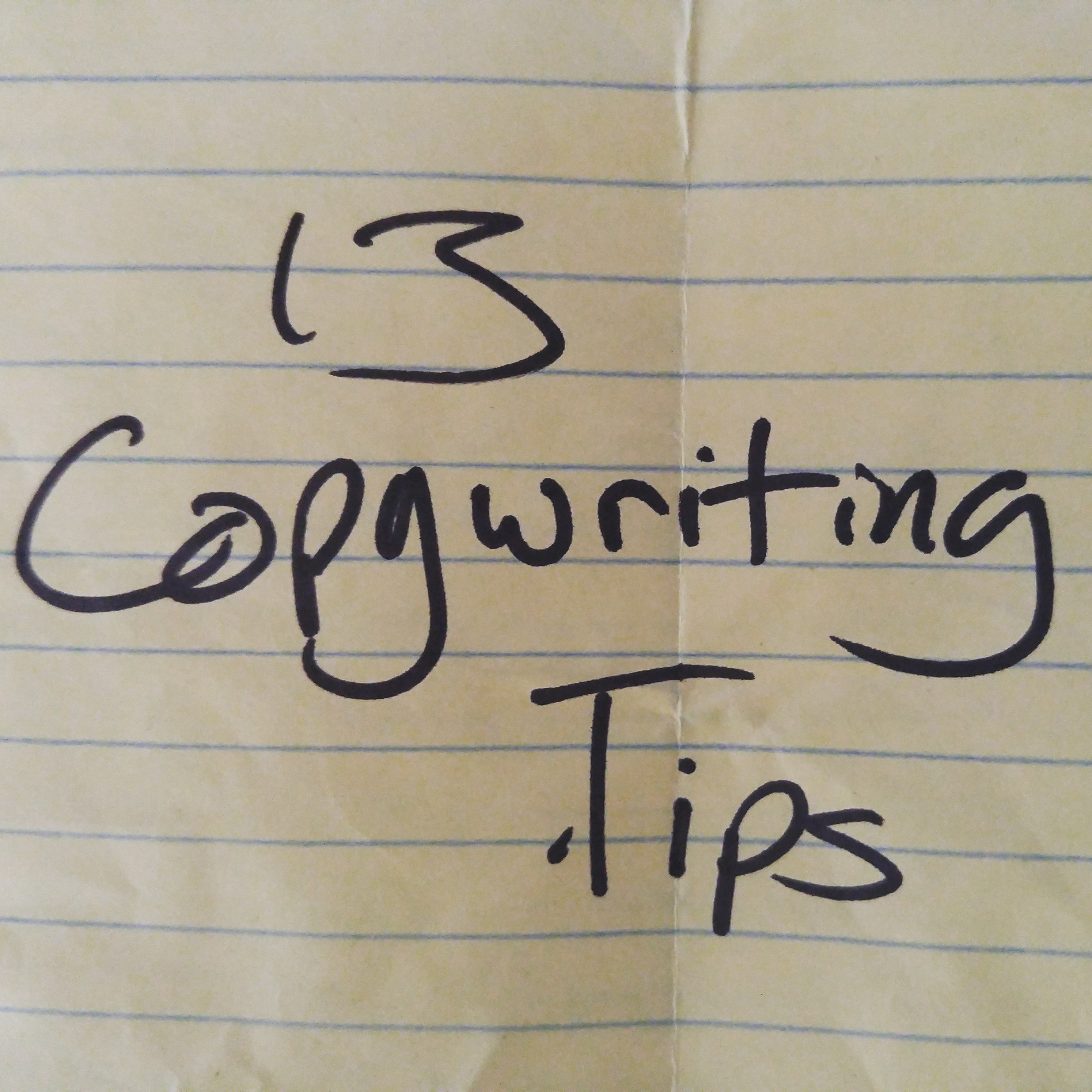Call me crazy…
I am 98% convinced that this coronavirus scare is overblown.
In fact, I’m about 95% sure it’s completely manufactured and manipulated.
But whether or not you agree with me, one thing is abundantly clear…
The concept has captivated people around the globe.
More than that, it’s driven people to take action.
Think about it: this may be the event that FINALLY gets people wash their hands after using public restrooms.
I don’t mean to be insensitive to those who have been affected by this virus.
But, as I’ve said in the past, anything that grabs the attention of millions can reveal important insights into human nature.
If your business can use some extra attention, can you afford to NOT pay attention to stuff like this?
Agreed.

Now, I encourage you to think about this topic for yourself to see what lessons you can uncover…
But I’d love to share a few of my thoughts.
Let’s start with the most obvious.
Fear Still Works… If You Know How to Work It
You’ve probably heard it a thousand times: the natural human reaction to fear is about twice as strong as the reaction to pleasure.
Makes sense, right? You have to be alive to enjoy… anything.
Despite having heard it, many of the marketers I interact with still hesitate to use fear in their campaigns. It just doesn’t feel right.
And I get that.
But let’s be honest. There are some frightening things out there. Things your customers should be legitimately scared of.
If they eat a pound of bacon for breakfast every day, they should be worried about heart attacks…
If they don’t pay attention to their wives, they should be worried about divorce…
If they can’t get people to buy from them, they should be worried about their relatives mocking them when their business fails. (The resulting money problems could lead to divorce, too!)
[Note the Body, Bank & Boo focus.]
Those are legit fears… and YOU can help them overcome them. Sometimes — more often than you might like — the best way to get their attention is to leverage that fear in your messaging.
Don’t feel funny about it. This is how you make the biggest difference you can make for your should-be customers.
So…
Even though the CDC says most people are infected with some form of the coronavirus during their lives…
Here’s why COVID-19 scares the pants off of so many people — and how that helps you be more influential
One:
This novel coronavirus has been dimensionalized to a greater extent than other strains. It’s seems more “real” and not just a far-away concept
I mean, even if you’re not actively looking for it, there’s a good chance you’ve seen a picture of the virus’ crown-shaped structure somewhere.
Even the name has been leveraged. “Corona” refers to crown. That isn’t unique to this version of the bug… but it now owns a little real estate in your brain that influenza does not.
An invisible germ has been made visible. Memorable.
Two:
There is automatically a fear of the unknown. We all know exactly where this virus comes from, right? An exotic sounding province in China (which is already seen by many as a nefarious force in the world) called Wuhan.
Name another illness that you know EXACTLY where it originated.
If you thought of Ebola and Africa (which is far less specific), remember how scared many people have been about Ebola outbreaks in the past?
Three:
There are lots of specifics. The media continually updates us on how many cases there are and where. The word “pandemic” is thrown around loosely.
They’re also sharing stories about supply shortages, quarantines and other scared people.
Although we don’t see many of stories like this one from the Washington Post…

Which brings us to…
Four:
Social proof works like crazy.
When everyone else is terrified, maybe I should be, too!
And…
Five:
Those supply shortages indicate a complete lack of ability to adequately respond to the potential pestilence.
It’s an effective force multiplier for the fear.
Not only is the disease deadly and spreading quickly… but the people we trust to keep us safe are simply unprepared to deal with the danger.
It’s one thing to go to war with an enemy. It’s another thing to step onto the battlefield with no ammunition.
Six:
There’s mystery about how this germ is spreading. I’ve seen the term “unknown origin” of new cases in the U.S. more than one time.
The unpredictability of “who’s next” makes it all the more nerve-racking… because it could be you.
Seven:
People, especially in America, have already been introduced to the idea of viruses threatening to wipe out our species or turn us all into flesh-craving zombies.
This is a more subtle influence.
Many of us have already seen this doomsday scenario play out in best-selling thrillers or on the Hollywood big screen. In the back of our minds, it’s not all that far-fetched.
Okay, now…
Here’s a Quick Rundown of Action Steps for You
0) Try to get comfortable using legitimate fear to reach your potential buyer. It is one of the most effective ways to get him to stop and pay attention.
1) Don’t just mention the fear or the source of that fear in your sales copy. Dive into the details that make the fear real… tangible… visible. Refuse to be 1-dimensional in your descriptions.
2) Consider tapping into the fear of the unknown that all of us have. When your would-be buyer THINKS he knows what you’re going to say — or already knows how to deal with the fear — he’s going to tune you out.
3) Share specifics. Not just statistics, but stories. Both images and word pictures go a long way.
4) Get as much social proof as you can. It doesn’t have to be testimonials or reviews of your own. Just show how many people are feeling what you’re talking about or doing what you recommend.
5) Don’t let your prospect overestimate his ability to fix the problem alone.
We all deceive ourselves some times. If he’s unprepared, it’s your job to alert him to the fact — and make him believe it. Don’t be a jerk about it. You’re not trying to make him feel bad about himself. You’re helping him be realistic and honest.
6) If possible, create an air of mystery about the source of your chosen fear.
Even as you’re giving details and specifics, an underlying mystery that makes the fear even more unnerving — and the solution that more urgent.
7) Leverage fear your ideal buyer already has. You don’t want to have to convince him he needs to be scared of the thing you’re talking about.
If your boogeyman isn’t something he’s already scared of, you can likely make a connection using the Body, Bank & Boo principles.
—
Question for you: have YOU taken any marketing lessons from the 24/7 coronavirus news blitz?
Feel free to share them in the comments.


